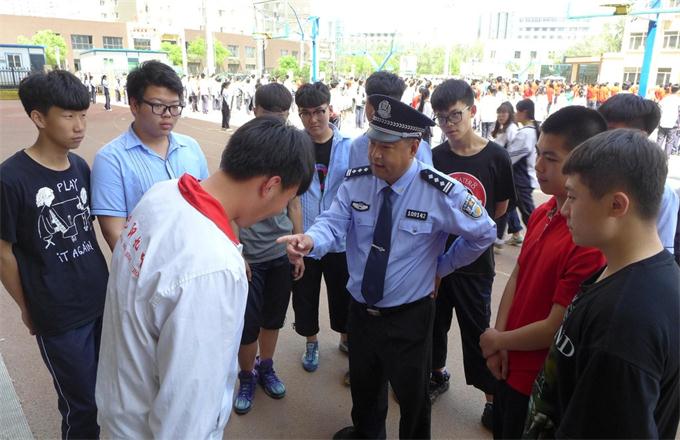Deepening Sino-Thai relations to change ASEAN trajectory
Among the ASEAN nations, balancing maritime security and relations with China remains a challenge of great importance. Despite strong military capabilities, China still requires further strategic action to ensure its regional influence by enhancing partnership in the ASEAN neighborhood.
Thailand, a member of ASEAN without territorial claims in the South China Sea, will benefit greatly from Chinese strategy in the region. Tighter Sino-Thai Security cooperation will increase Chinese dominance while offset the hostile actions in the ASEAN against Beijing.
Recently, Thailand stepped up its cooperation with China especially on the military field. In February 2015, at the 40th anniversary celebration of Sino-Thai bilateral relationship, both China and Thailand agreed to expand into significant new areas of cooperation, notably in the military arena. The agreement included comprehensive joint training programs for the army, navy, and air force, strengthening military education, and exchanging experts on counter-terrorism and transnational crimes. Thailand also hopes for Chinese support in its technological development of defense industry.
Additionally, at the July 2016 ASEAN Defense Ministers' meeting in Laos, Chinese Defense Minister and State Councilor General Chang Wanquan and Minister of Defense of Thailand and the Deputy Prime Minister, Prawit Wongsuwan, held talks on the sideline to confirm their countries' commitments to broadening military cooperation.
Not until 1975, the People's Republic of China and Thailand re-established formal diplomatic relations. Facing the regional hegemony, China and Thailand started their brotherhood security cooperation in 1979. Bangkok got support like armed forces training and weapons from Beijing. At present, the two countries' ties have grown even closer economically and culturally.
On July 4th, 2016, Defense Minister Prawit Wonsuwon also confirmed that the Thai navy would buy a S26T Yuan Class submarine for 12,000 million THB or 2.33 billion yuan from China, taking advantage of a generous price and 10-year payment period offered by China.
This deal signals Thailand's intentions to increase involvement in its territorial waters in the Andaman Sea and the Gulf of Thailand. The purchase also indicates possible increased involvement with its maritime neighbors, Malaysia, Vietnam, Singapore, and Myanmar, who also recently purchased new submarines.
The Thai military government's pivot to China has therefore ensured a reliable solution to Thailand's security and military needs. Since 2014, Prime Minister General Prayut Chan-o-cha has also held several top-level talks with China to strengthen security cooperation. The purchase of arms from China also demonstrates a relative decrease in dependence on its traditional ally, the United States.
The US has provided large amounts of military support for Thailand during US involvement in Vietnam since 1950s. Thailand is located at a strategic access point from which the US military could detain Vietnamese forces. However, the military coup in May 2014 disrupted regular joint military exercises between both countries. And the numbers of US personnel for the drill have dropped from 9,500 in 2013 to 3,600 this year.
For Washington, the return of democracy in Thailand would release tensions, reviving the two states' long-lost friendship, cooperation, and security relationship. However, with a Trump presidency, the future trajectory of US-Thai security cooperation will remain unclear at present. Analysts from either country cannot readily predict how drastically the Trump administration's policy approach toward Southeast Asian security will change, or whether the US will 'pivot' its attention away from Asia altogether.
Thai foreign policy under the current administration has shift demonstrably toward China with its increased purchases of arms and frequent cooperative dialogues in arenas of economic and security cooperation.
Coupled with the waning interest of American cooperation under the current government, Sino-Thai cooperation will not entirely change the neutrality of the maritime security game in Southeast Asia, but it will affect other neighbors in the region.
Undoubtedly, a closer Sino-Thai relationship will compel ASEAN to reconsider its entire security strategy and cooperative framework in order to continue to provide regional stability to all of its members.
The author is a master's student in international relations at Peking University, with a focus on the ASEAN.
























